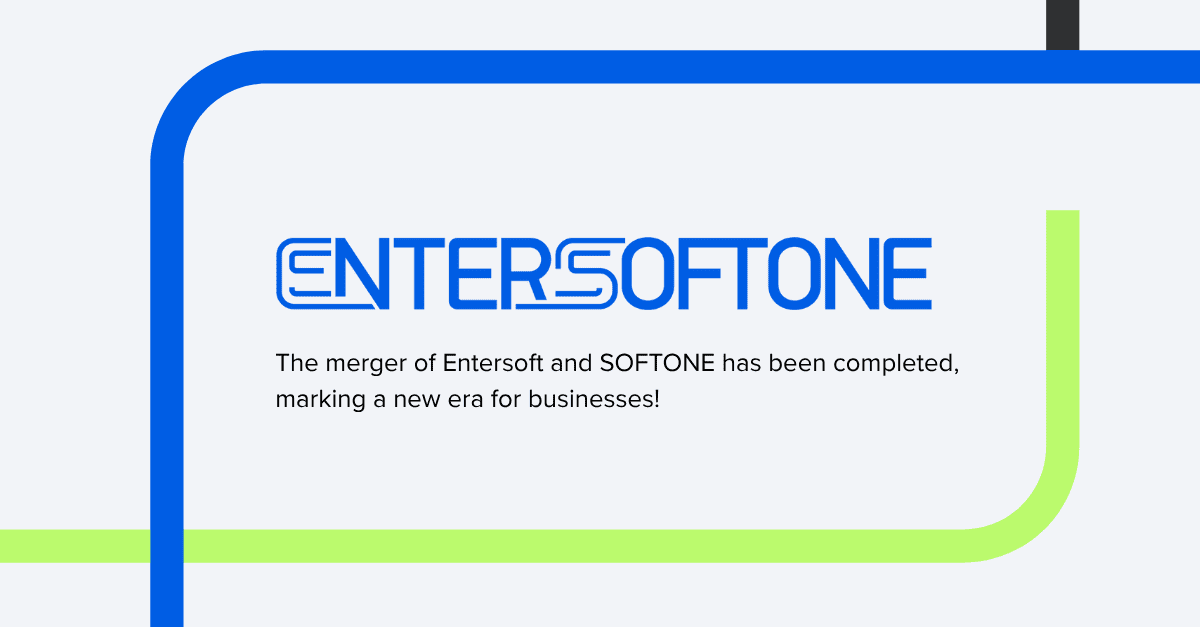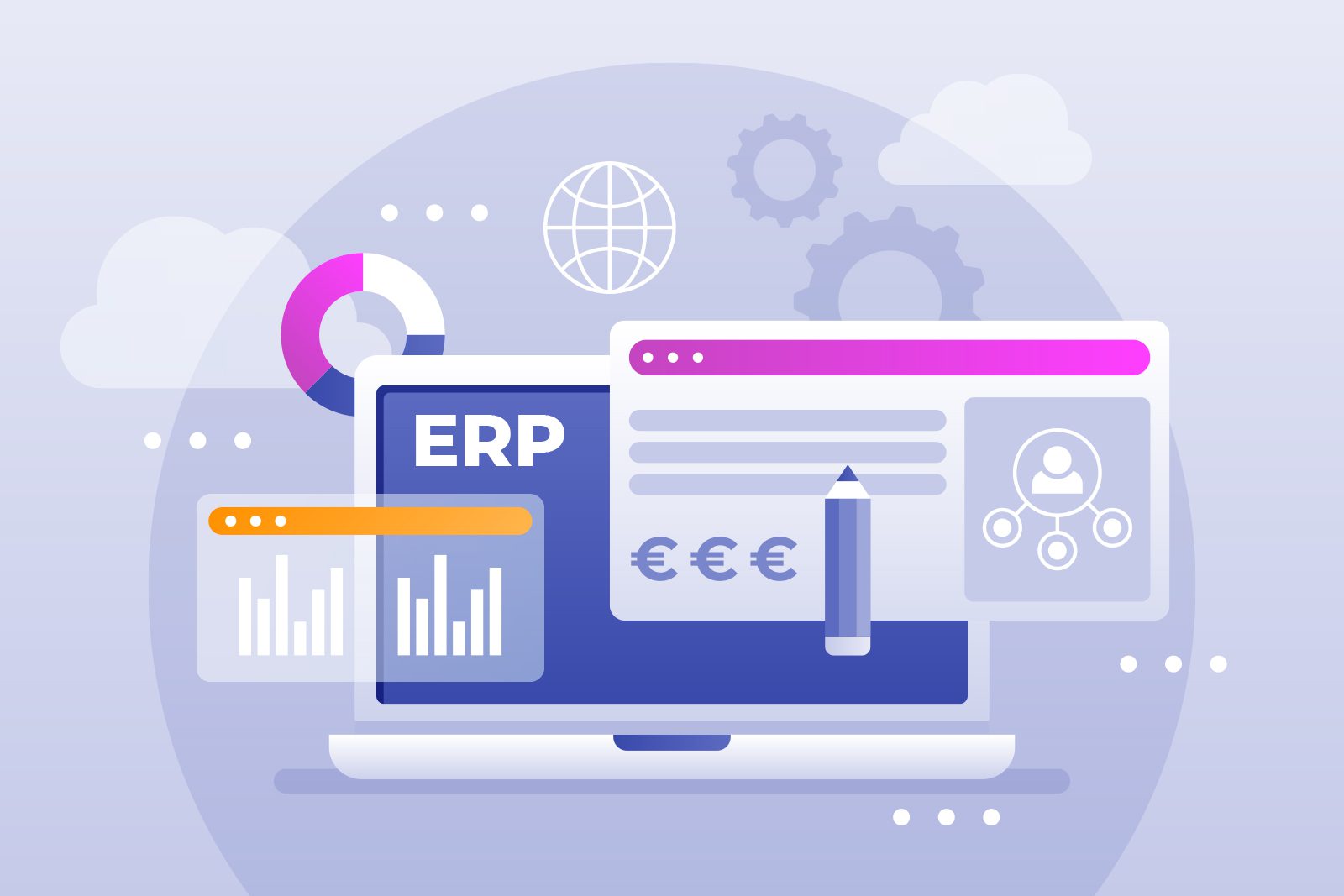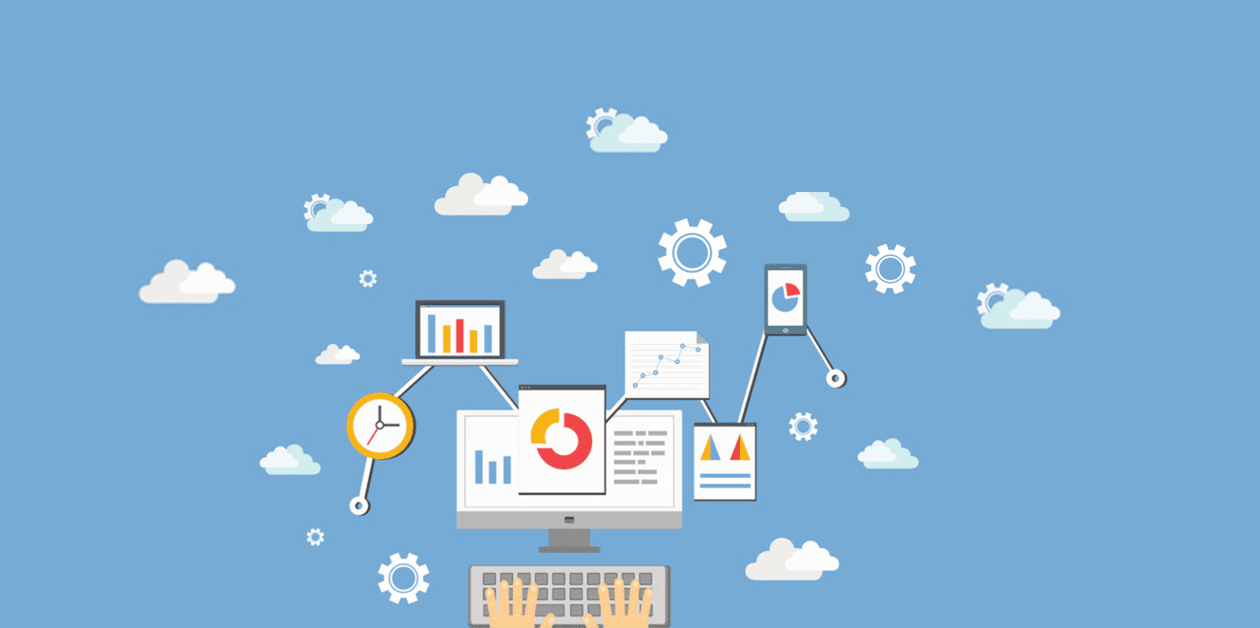Share
Read also

News & Events
ENTERSOFTONE: The merger of Entersoft and SOFTONE has been completed, creating the largest provider of business software products and services in Greece and Southeast Europe.

Mobility
Outlook for the BYOD and EM market from 2025 to 2035

Cloud
The Cloud CRM market will see impressive growth by 2033

Mobility
Key trends in Sales Force Automation
Already by early 2020, the global ERP market was expected to climb to $71.63 billion by 2026, according to Fortune Business Insights. And even though this survey was pre-Covid, more recent data shows that the turmoil brought on by the pandemic has led to an accelerated adoption of modern cloud-ERP systems.
Remote working
As things are gradually getting back to normal, many businesses are showing a preference for the so-called hybrid model. In this environment, IT should be able to remotely access, manage and resolve all issues that arise in ERP via VPN or web portals. In addition, businesses should modify remote workflows and check for unexpected fluctuations in remote working, by designing even more sophisticated tools, controls and training.
In terms of ERP systems, businesses should automate their processes and workflows in order to make the remote working environment efficient.
Moving ERP to the cloud
Although there are still SMEs using on premise legacy systems, the prevailing trend is clearly towards moving to the cloud. One of the key benefits of this trend is the fact that the most advanced manufacturers are now focusing on cloud systems, pushing their customers to make the transition. Cloud ERP solutions offer flexibility, scalability, and adaptability to business needs, along with security. For remote workers, cloud ERP significantly improves remote access to tools and assets, contributing to productivity. And of course, it turns out to be significantly cheaper than on premise solutions, as it requires no initial investment and is based on the subscription model.
Mobile ERP becomes mainstream
We see ERP vendors offering mobile apps that essentially put ERP data and functionality in the hands of employees, regardless of location. These tools allow users to access real-time data stored in the ERP solution to check the status of critical workflows and complete tasks such as orders, expense reports and tracking. Mobile apps allow employees to gather and transmit information instantly.
In terms of IT, mobile apps enable access and timely remote management and problem solving. Once they decide to move to a hybrid work-from-home (WFH) model, businesses will need to upgrade and test their remote IT support technologies and processes to confirm that they are delivering the right information to mobile devices and employees. The result will be enhanced productivity and flexibility.







